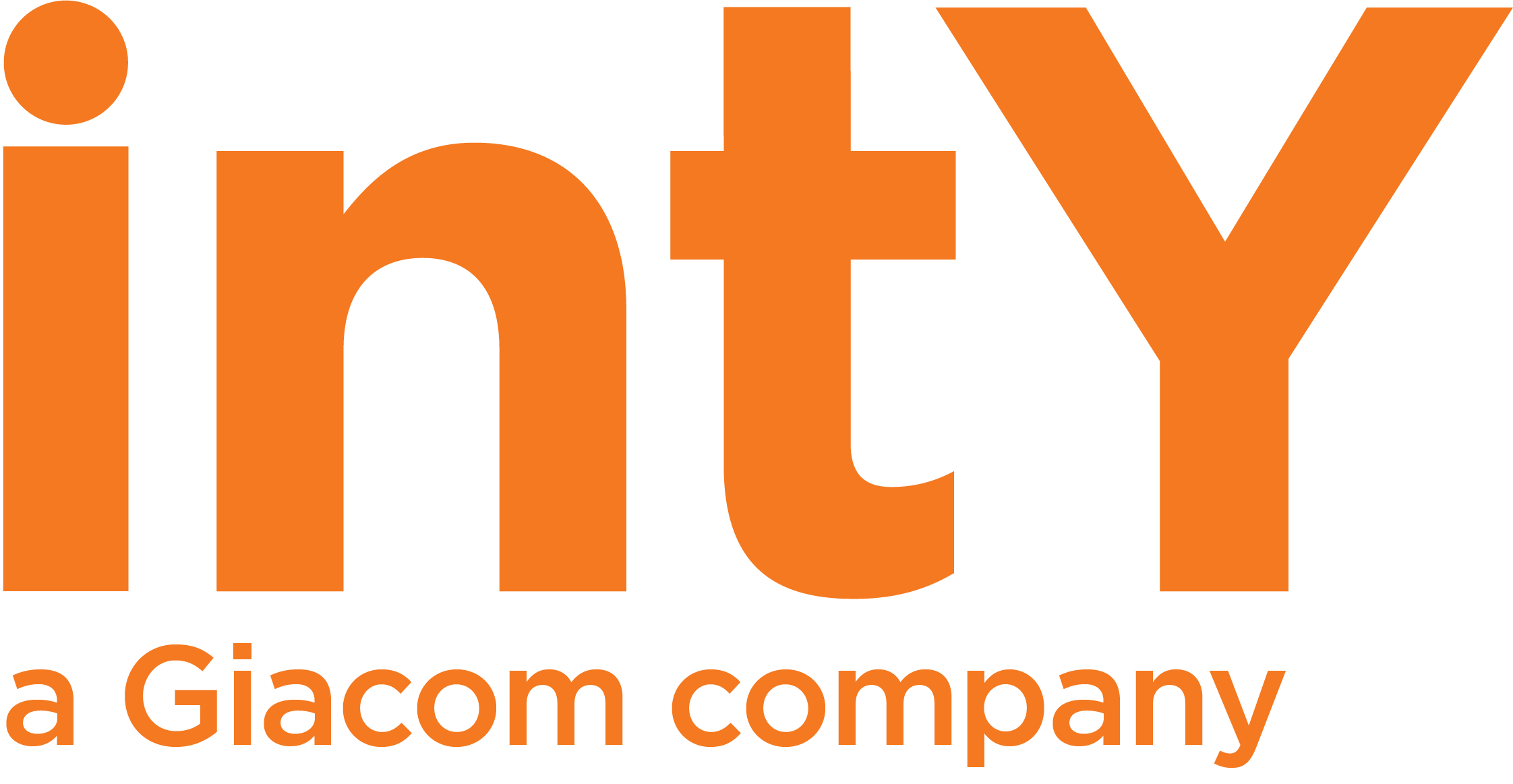Home » How partners can make hybrid work both seamless and secure
How partners can make hybrid work both seamless and secure
- Max Dibble
- Articles, Cloud Computing
- Cloud Transformation
As hybrid work has become the norm, organisations and businesses face a new challenge – to balance employee needs with business needs while maintaining security.
Employees want to retain the flexibility they became used to during the pandemic, while organisations need to ensure productivity, security and cost effectiveness. Leaders are facing such questions as – how do we ensure our teams can work securely between business and home?
Microsoft has developed remote/hybrid solutions like Teams and Azure Virtual Desktop (AVD) to enable these new patterns of work. These constantly evolving cloud-based products are driving the future, facilitating hybrid work and collaborative experiences, all underpinned with the highest quality cyber security.
Understanding the security risks of hybrid work
Decentralising workers from a physical location has created multiple communication and cybersecurity challenges for organisations. Workers are accessing the internet from public and private locations, on the move, and using a range of different devices. With remote employees no longer protected by on-location infrastructure and physical wire boundaries, new solutions and expertise are required.
Cyber criminals have been quick to exploit the gaps and weaknesses of hybrid work, so it’s no longer sufficient to rely on default firewalls and a patchwork of solutions from different vendors. With cybercrime expected to cost the world $10.5 trillion annually by 2025, security is the top concern for organisations moving to the cloud.
To be effective, hybrid security must be centralised, integrated and seamless, wrapping around productivity, access and user experience. But many organisations are discovering this demands a level of security they just can’t achieve on their own. Therefore, they need to commission cybersecurity specialists who can provide capacity and expertise that are missing in-house.
How Microsoft provides both functionality and security
Microsoft has positioned itself as the go-to digital service provider for organisations across the world with its renowned solutions like AVD and Teams. As the only complete offering that supports everything a hybrid workplace requires, it constantly rolls out new features to meet demand while maintaining the highest level of cloud security.
AVD in particular is enabling employees to benefit from the seamless Microsoft experience they’ve traditionally been used to on their local networks. By being cloud-based, it’s far more cost-effective, scalable and above all, secure.
A clear indicator of Microsoft’s commitment to security is its annual investment of $1 billion to develop features like Multi-Factor Authentication (MFA), the ability to store all employee and company data within Azure, security features such as Sentinel, Azure Security Center and Microsoft Defender, and AVD compliance certifications.
Furthermore, Microsoft’s relentless focus on fully meeting the needs of the modern workplace means that in the last year alone, it added over 450 features to its platform, with over 270 million monthly active users on Teams. Programs like Teams have become the front end of the workplace and there’s huge potential for partners to develop new applications that fulfil both user and security requirements.
Security needs present an opportunity for partners
The need for security solutions that are a) fit for purpose in the current cybercrime environment and b) can adapt to rapidly changing workplace setups and threats presents a significant challenge, but also an opportunity for partners.
Partners are in a unique position to provide agile services, securing hybrid workplaces without bogging down organisations and employees with cumbersome access requirements. And Microsoft makes this possible with the bonuses of reduced costs and greater simplicity.
Microsoft’s vast network monitors 25 trillion threat signals every day. And, it’s taken action against rising threats like cyber extortion and ransomware, with the most comprehensive security, identity, compliance and management solutions on the market.
Partners should know that best-practice security strategies combine education with the right tools for the job. A zero-trust approach (assuming breaches will happen) is essential, as is fostering a culture where security is everyone’s responsibility.
Microsoft’s security tools include:
- Threat Protection via Microsoft Defender and Microsoft Sentinel.
Defender brings next-generation machine learning and in-depth threat resistance research to protect devices. Sentinel brings security analytics with proactive threat hunting. - Identity and Access Management via Microsoft Entra.
Entra encompasses all of Microsoft’s identity and access capabilities, with identity and access management, cloud infrastructure entitlement management, and identity verification. - Compliance and Privacy via Microsoft Priva and Microsoft Purview.
Priva safeguards personal data and builds a privacy-resilient workplace, identifying risks, automating risk mitigation, and empowering employees to make smart data handling decisions. Purview is a trustworthy data governance solution to manage on-premises, multi-cloud, and software as a service (SaaS) data.
How partners play a key role in cyber-security education
Partners can make a significant contribution to the effectiveness of hybrid work and the fight against cybercrime, by making their expertise available to customers and their workforces. In fostering relationships and positioning themselves as effective, trustworthy providers, they can ensure long-term, mutually beneficial partnerships.
Sharing best practices with organisations and delivering essential training also helps to ensure that the whole workforce, from top to bottom, knows that security needs to be everyone’s job, and understands the importance of keeping devices healthy and managed.
Therefore, the business opportunity for partners isn’t just about delivering software solutions, but also in training and consultancy.
Rapid change is set to continue – and intY can help
The widespread shift to remote work during the pandemic brought about rapid change, with around two years’ worth of digital transformation in two months. Now, a new wave of change is coming as organisations globally shift, wholesale, to a hybrid workplace.
The cybersecurity industry in particular faces a shortage of workers, and many organisations lack the internal expertise they need. To maximise this opportunity, intY is committed to ensuring our partners have the resources, tools, and guidance needed to deliver the highest quality hybrid solutions through Microsoft’s suite of offerings.
Our Azure and Modern Workplace practices will support and advise you to find the right mix of expertise and products for each customer you serve, finding optimal ways of working that empower their workforces and reduce the likelihood and impact of a breach.
Get support from intY
If you have questions about any of the information contained in this blog, please reach out to our experts who will be happy to help.
Related Posts

How adding Microsoft Teams into your stack can unlock new business potential
Unlock the potential of Microsoft’s Modern Workplace for business growth and competitiveness with intY’s support.

How to harness the business opportunity of Microsoft’s Modern Workplace
How to harness the business opportunity of Microsoft’s Modern Workplace Flexible working is here to stay. In this post-pandemic era, the new norm is for

Unleashing the power of Microsoft Security Copilot
Microsoft Security Copilot is an AI-powered security analyst that uses GPT-powered natural language to investigate and respond to security incidents, threats and vulnerabilities.


